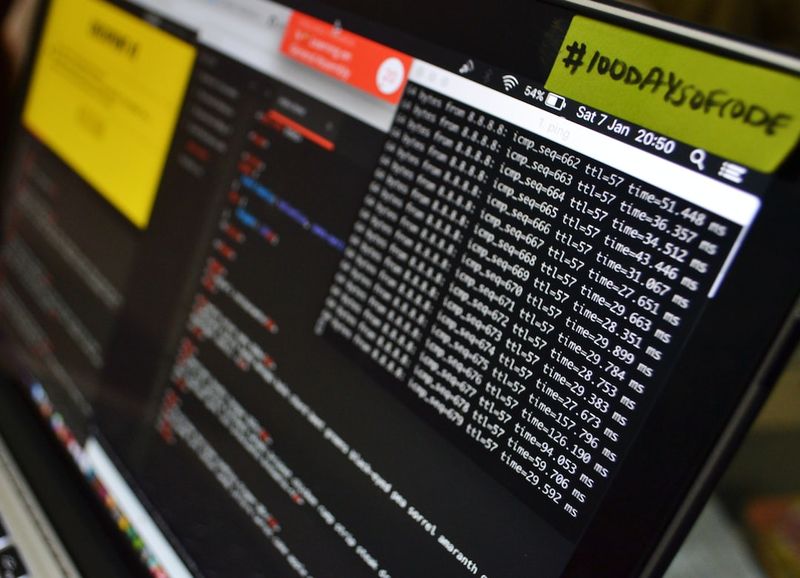The Power and Complexity of Public Key Infrastructure (PKI) in Cybersecurity
Public key infrastructure (PKI) serves as a cybersecurity lock-and-key system that protects data and resources, authenticates access, secures communications, and provides data integrity and non-repudiation. PKI uses mathematically related keys to encrypt and decrypt data, and its core is asymmetric cryptography, which uses key pairs: a public key and a private key. The public key is widely distributed and used to encrypt information while the corresponding private key is kept secret and used for decryption.
The Importance of PKI in a Zero-Trust Environment
PKI is widely used in secure email communication, digital signatures, secure Web browsing (HTTPS), virtual private networks (VPNs), and secure online transactions, and other applications. Deploying and using PKI across a corporate network can establish a zero-trust environment by authenticating and encrypting everything that is written to or retrieved from a server or device.
Imagine your organization has a mailroom that houses feedback boxes for all the departments in the company. Each department’s feedback box and the mailroom have a public key that allows anyone in the company to unlock any department’s box and drop a message into it. However, the head of each department has a private key that only they possess. This private key is mathematically related to the public key and is the only key in the entire company that can unlock a department’s feedback box to access messages or decrypt anything in the box that is encrypted.
The Benefits of Cloud-Based PKI
Deploying and maintaining PKI requires a lot of resources and talent, but it’s critical for protecting company data. Many organizations find deploying PKI in the cloud and as a service (PKIaaS) to be a better option than doing it all in-house. Cloud PKIaaS offers several benefits for enterprises of all sizes, such as:
- Rapid deployment
- Agility
- Scalability
- Security
- Cost savings
By leveraging the existing capabilities of your organization’s devices, software, and hardware, cloud PKI maximizes your IT investment by eliminating costs of acquiring new devices or tools. With the average cost of a data breach at $4.35 million in 2022, deploying PKI and encrypting data are more cost-effective than becoming the victim of a breach.
PKI: The Backbone of Enterprise Network Security
PKI plays a crucial role in cybersecurity. The best way to protect anything is by keeping it under lock and key, but for information stored in the cloud or exchanged electronically, a physical lock and key are futile. PKI serves as a cybersecurity lock-and-key system that protects data and resources, authenticates access, secures communications, and provides data integrity and non-repudiation. Deploying PKI across a corporate network can establish a zero-trust environment by authenticating and encrypting everything that is written to or retrieved from a server or device.
Advice to Businesses and Individuals
Deploying and maintaining PKI requires a lot of resources and talent. It’s crucial for businesses to understand the importance of PKI in cybersecurity and invest in it to establish a zero-trust environment. Cloud PKIaaS offers several benefits for enterprises of all sizes, such as agility, scalability, security, and cost savings. Organizations should consider deploying PKI in the cloud and as a service to better protect company data and resources. Individuals can also protect their sensitive information by encrypting their emails, using secure web browsing (HTTPS), and being cautious when providing personal information online.
Final Thoughts
Data breaches have affected a variety of industries, including financial services organizations, energy companies, and fast-food chains. Understanding the power of PKI in cybersecurity is critical for businesses to protect data and resources, authenticate access, secure communications, and provide data integrity and non-repudiation. PKI is widely used in secure email communication, digital signatures, secure Web browsing (HTTPS), virtual private networks (VPNs), and secure online transactions. Deploying PKI in the cloud and as a service offers several benefits for enterprises of all sizes, such as agility, scalability, security, and cost savings.
It’s crucial for businesses to invest in PKI to establish a zero-trust environment and better protect company data and resources. Individuals can also protect their sensitive information by encrypting their emails, using secure web browsing (HTTPS), and being cautious when providing personal information online. In a world where cyber threats are constantly evolving, understanding the importance of PKI in cybersecurity is more critical than ever.

<< photo by cottonbro studio >>
You might want to read !
- Rampant Cyber Espionage: Chinese Hackers Target Guest VMs through ESXi Zero-Day Exploit
- Scammers Pose as Popular Apparel and Clothing Brands in Widespread Phishing Scheme
- The Rise of Social Engineering: A Deep Dive into the $50B Global BEC Losses
- How Automation Enables Effective Zero Trust Identity
- The Defenders’ Challenge: Preparing for the Era of Deepfakes
- The Need for Securing Outer Space: Addressing the Growing Hacking Threat to Satellite Systems.
- Ransomware Surge and Human Error Blamed for Data Breaches: Verizon 2023 DBIR Reveals
- Exploring the Implications of an Extensive Phishing Attack Conducted Using SuperMailer
- Secrets Sprawl: The Urgent Need for Action in the Face of a Rising Threat
- Surveillance reforms ignite contentious debate between Congress and intelligence officials
- Is Your Cryptocurrency Wallet Safe from the New DoubleFinger Loader Stealer?
- “Mastering API Security: Exploring the Real Threats to Your Attack Surface”
- “Securing the Future: Exploring the Significance of Zero-Trust Authentication”




